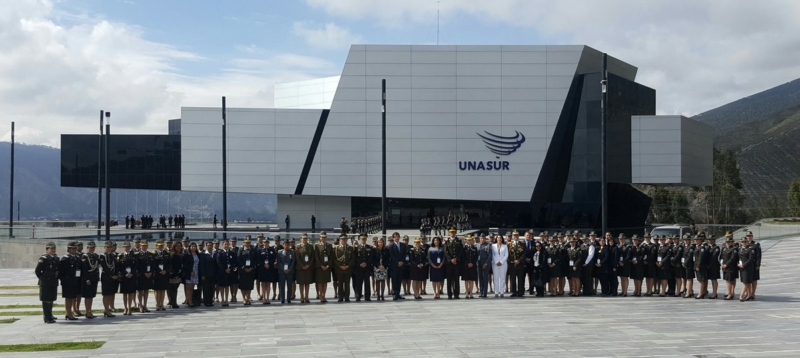Rising Brazil: The Choices Of A New Global Power
What should we expect from a newly powerful Brazil? Does the country have the capacity and leadership to be a central actor in addressing critical global and regional problems?
At the end of last week, six countries—Argentina, Brazil, Chile, Colombia, Paraguay, and Peru—announced they were leaving the Union of South American Nations, or UNASUR, a regional body created in 2008. The split was triggered by a failure to agree on a secretary general after almost a year and a half vacancy, with proposed candidate José Octavio Bordón of Argentina opposed by Venezuela and Bolivia.
While technically temporary, the countries’ refusal to participate in UNASUR will continue until—in the words of one foreign minister—they see “concrete results that guarantee its operation.” Practically speaking, the fracture of an organization that was already in deep disrepair has few consequences for the region. But the unraveling of UNASUR—perhaps the most ambitious attempt at Latin American integration in recent times—is another sign that Latin America’s much-vaunted solidarity has splintered.
[…]
What should we expect from a newly powerful Brazil? Does the country have the capacity and leadership to be a central actor in addressing critical global and regional problems?
President Lula da Silva triumphantly announced that he and his Turkish counterpart had persuaded Iran to shift a major part of its uranium enrichment program overseas—an objective that had previously eluded the US and other world powers. Washington, however, was not applauding.
An upcoming meeting between Presidents Obama and Rousseff should not be expected to produce dramatic news or unexpected major breakthroughs.
 UNASUR SG / Flickr / CC BY-ND 2.0
UNASUR SG / Flickr / CC BY-ND 2.0